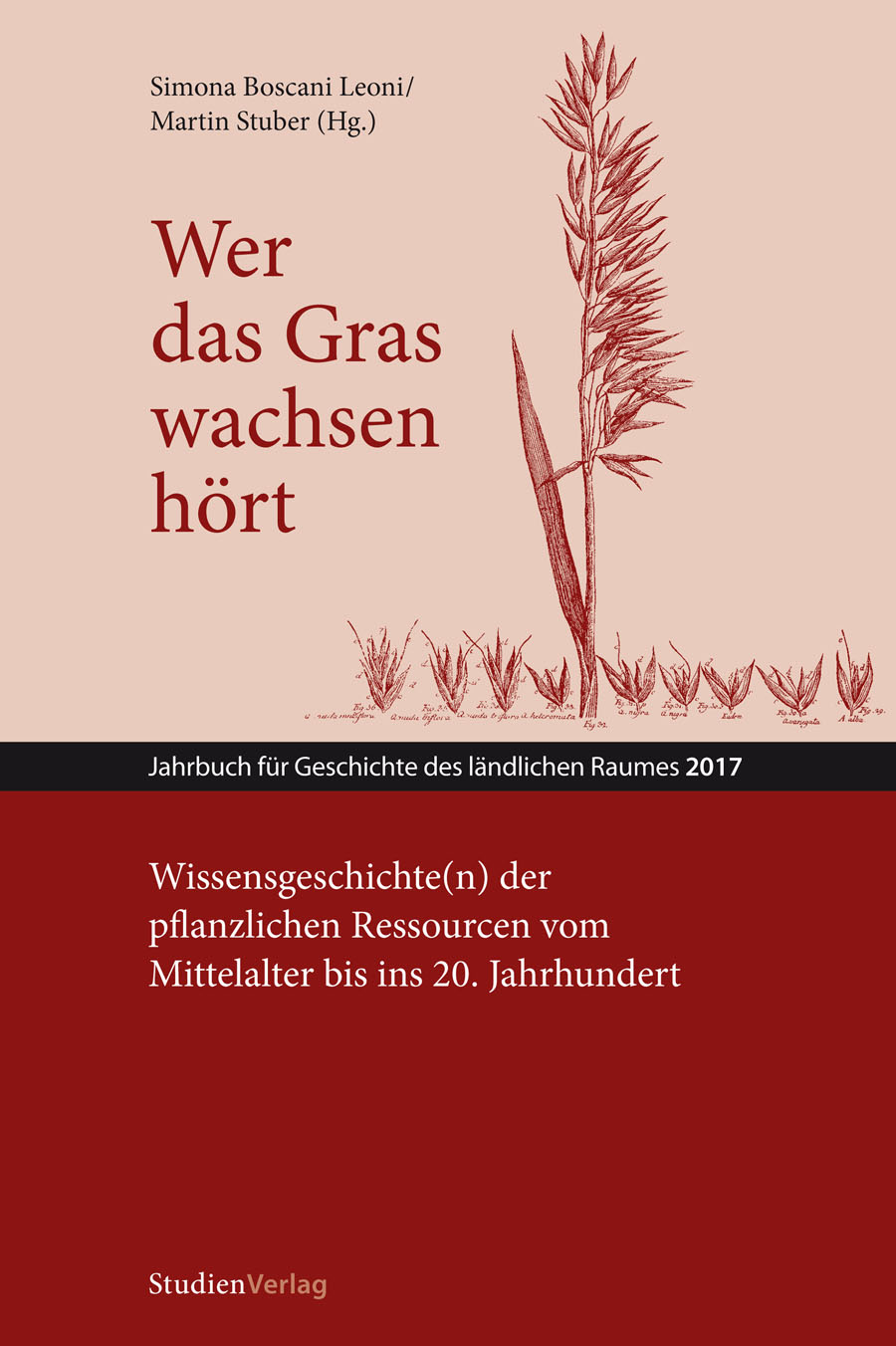Konkurrierendes Wissen
Debatten über den Tabakanbau in der Zeit der Ökonomischen Aufklärung
DOI:
https://doi.org/10.25365/rhy-2017-7Abstract
Recent studies on the economic enlightenment have focused increasingly on social networks and communicative patterns of ‘enlightened’ actors in the 18th century. The attitudes and actions of the erudite in particular are comparatively well-known. Their research strategies and their propositions for the improvement of resource management and production processes are available to us in numerous written and printed sources, such as letters and journals. By contrast, tacit knowledge of practitioners like peasants, their reactions to erudite and governmental concepts of reform as well as their own contributions to reform projects are far less accessible in coeval sources. These were often passed on by mediators, e.g. the rural clergy, teachers, and local authorities. This article analyses efforts made in order to improve tobacco cultivation in 18th century electoral Palatinate in a case study, exploring the
confrontation of erudite and governmentally approved knowledge about tobacco cultivation with practical local knowledge of peasants, gained over several generations. Role models of the actors involved are reflected on, and so are consequences of the confrontation of forms of knowledge in the reform process. By doing so, this contribution highlights the importance of exploring different cultures of knowledge about natural resources and the communication between these cultures.


